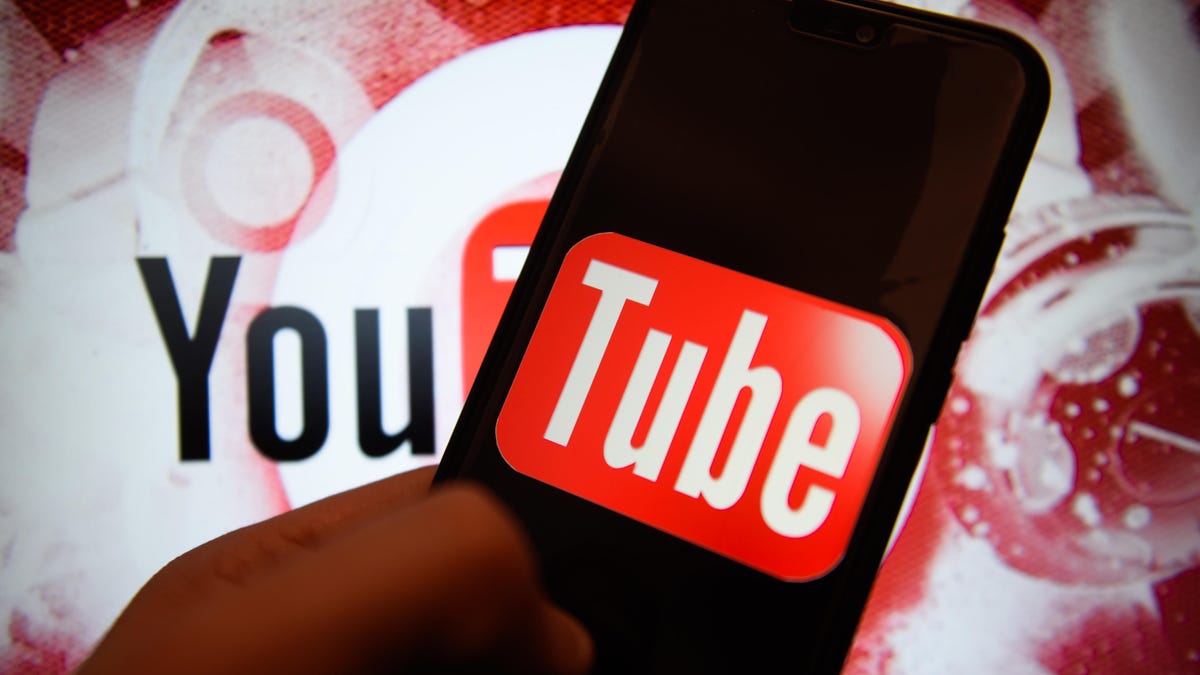YouTube brings fact-check feature to search results in the US
The feature flags potential disinformation and points to legitimate news sources.

YouTube has been criticized for a variety of misinformation on the site.
Looking to slow the spread of disinformation about the novel coronavirus, YouTube is expanding its fact-checking feature so it'll now appear in search results for US audiences, the company said Tuesday. The feature, a box that shows up atop YouTube search results when a user is looking for particular information, launched in India and Brazil last year.
For the feature to be triggered, there must already be a relevant fact-check article available from an "eligible publisher," YouTube said. The feature also depends on how a user searches the site.
"Fact checks will only show when people search for a specific claim" the company said in a blog post. "For example, if someone searches for 'did a tornado hit Los Angeles,' they might see a relevant fact check article, but if they search for a more general query like 'tornado,' they may not."
Today, we’re expanding our fact check information panels to the U.S. During fast-moving news cycles, these panels will highlight fact-checked articles above search results, so viewers can make their own informed decision about claims made in the news. https://t.co/MCHTkOhI3e
— YouTubeInsider (@YouTubeInsider) April 28, 2020
The announcement comes as misinformation about COVID-19 runs rampant on social media. Last month, the World Health Organization called the situation an "infodemic." YouTube has already received blowback for conspiracy theories on the platform that falsely link the coronavirus to 5G wireless towers. Earlier this month, the company said it would ban those videos.
YouTube said Tuesday that more than a dozen US publishers are participating in the program, including The Dispatch, FactCheck.org, PolitiFact and The Washington Post Fact Checker. Some fact-checkers, though, have said they're overwhelmed by the amount of misinformation related to the coronavirus.
Last month, the fact-checking website Snopes said it was under-resourced and would scale back its operations. Snopes wasn't listed as part of the YouTube program on Tuesday, but a spokesman said the website is eligible as a member of the International Fact-Checking Network.
YouTube first announced its "information panels" feature in 2018. The short blurbs appear under false or misleading videos and aim to debunk misinformation by linking to accurate sources. YouTube says its existing information panel for coronavirus videos has been the most successful one the company has created, with more than 14 billion impressions.
The panels are helpful, but they haven't always worked as planned. When the Notre Dame cathedral in Paris caught fire last April, YouTube's algorithm accidentally displayed an information panel on the 9/11 terrorist attacks because the software made a mistake in analyzing the images in the video. After the fire, YouTube said its systems made the "wrong call."



